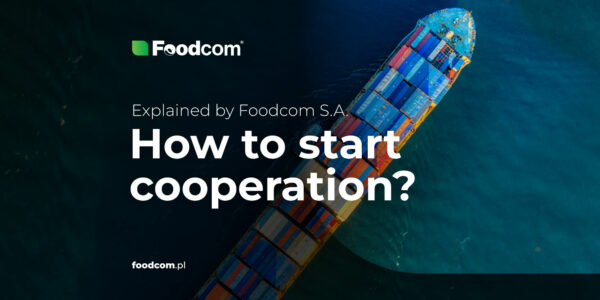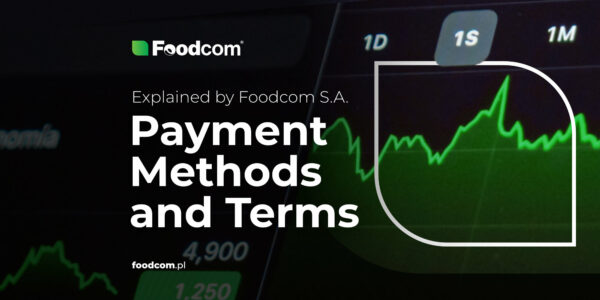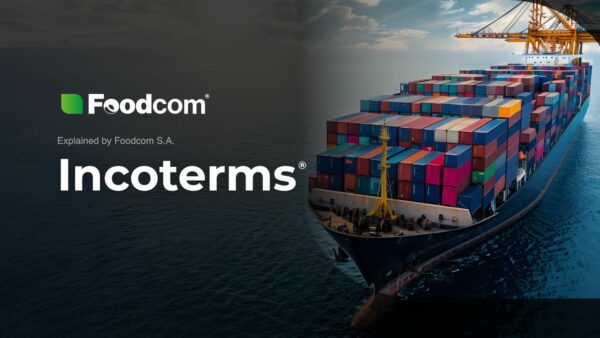FTL (Full Truck Load) – what is it?
FTL, an acronym for Full Truck Load, refers to a shipping method where an entire truck is dedicated to transporting goods for a single consignor. Unlike LTL (Less Than Truck Load) where multiple shipments from different shippers share space in one truck, FTL involves filling up a truck with products from only one client, maximizing cargo capacity and often streamlining the delivery process. This shipping method is typically chosen for large quantities of goods, time-sensitive consignments, or when there’s a preference for minimizing handling of the cargo during transit.
Most common questions
1. When should businesses opt for FTL over LTL?
Businesses might consider FTL over LTL when they have enough goods to fill an entire truck, desire faster delivery without multiple stops for other consignments, or when the nature of the goods (e.g., fragile or high-value products) requires minimized handling and risk of damage during transit.
2. Is FTL more cost-effective than LTL?
FTL can be more cost-effective per unit for large shipments since the entire truck’s cost is spread over a substantial amount of goods. However, for smaller consignments, LTL might be more economical since you only pay for the space your shipment occupies.
3. How does FTL impact delivery times?
FTL shipments often have faster delivery times compared to LTL. Since the entire truck is dedicated to a single consignment, there are typically fewer stops and detours, leading to a direct and streamlined transportation process.
4. Can FTL shipments be tracked?
Yes, in the modern logistics framework of companies like Foodcom S.A., FTL shipments are often equipped with tracking systems, allowing businesses to monitor their consignment’s real-time status, ensuring transparency and aiding in precise planning for receiving goods.
5. How does Foodcom S.A. ensure the safety and timeliness of FTL shipments?
Foodcom S.A. collaborates with trusted transportation partners, employing rigorously maintained vehicles equipped with the latest technology. Regular inspections, driver training, and proactive communication mechanisms are in place to ensure safe, efficient, and on-time deliveries for all FTL consignments.





